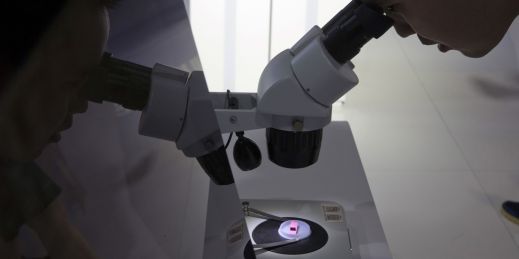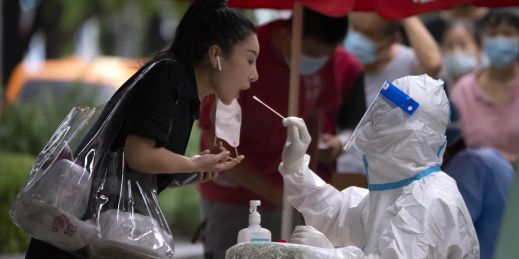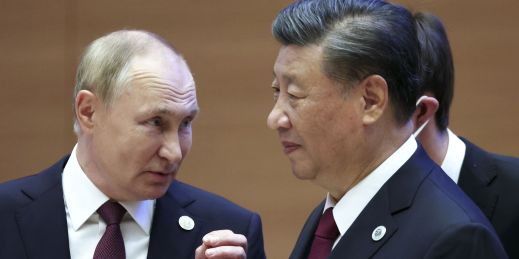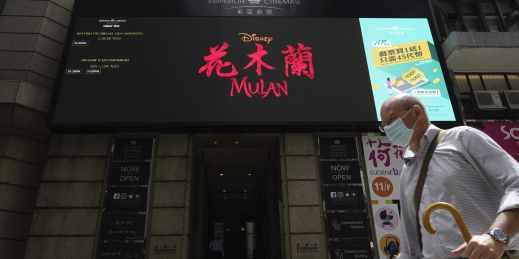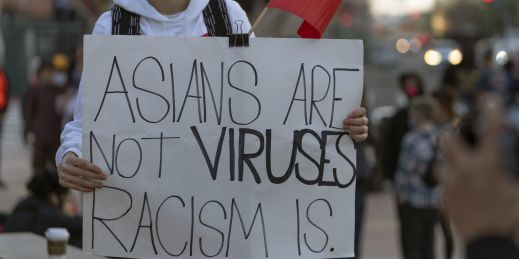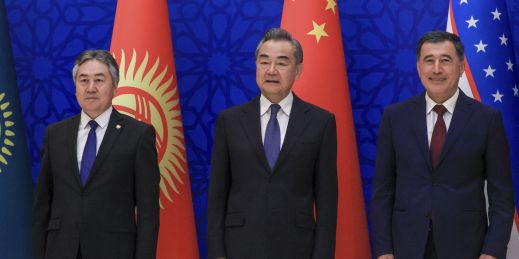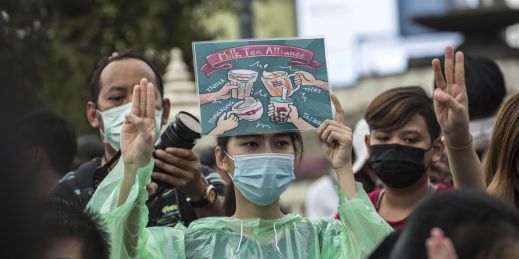
Beginning in 2020, the virtual #MilkTeaAlliance movement brought together a transnational group of citizens across the Asia-Pacific that were critical of censorship and nationalism. While the decentralized movement is limited by its lack of cohesion, it has become a force to be reckoned with, gaining the attention and ire of the Chinese government.

